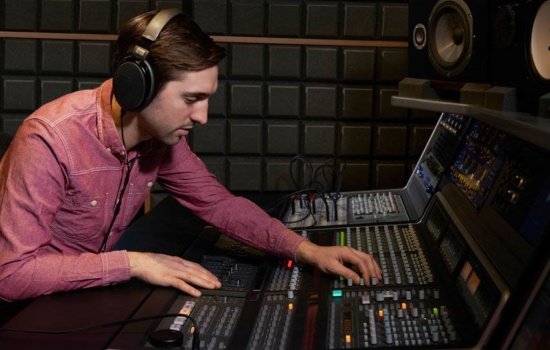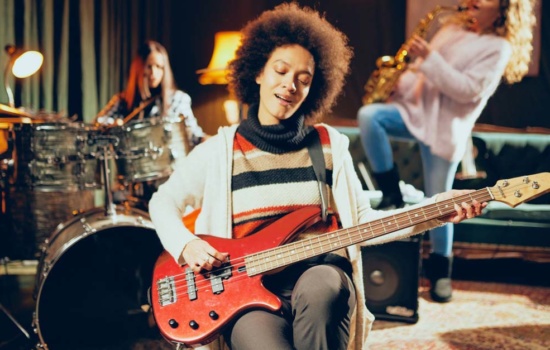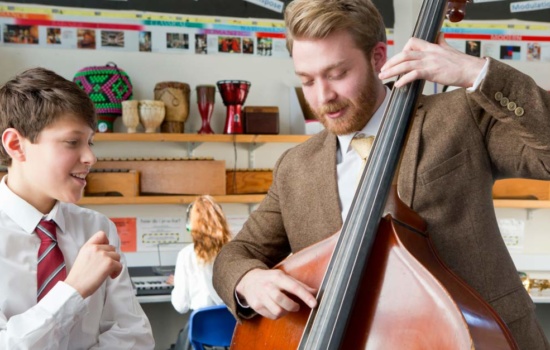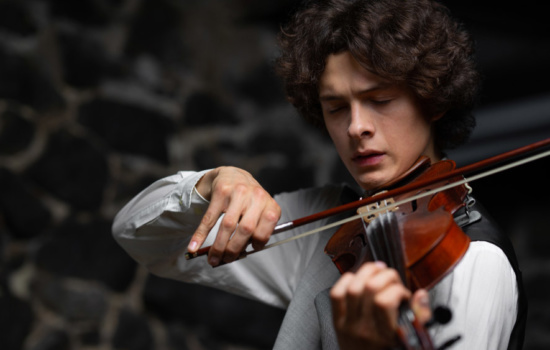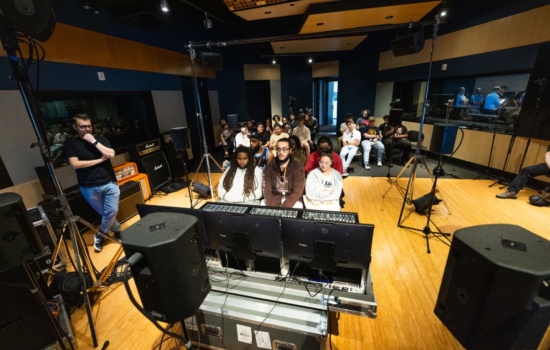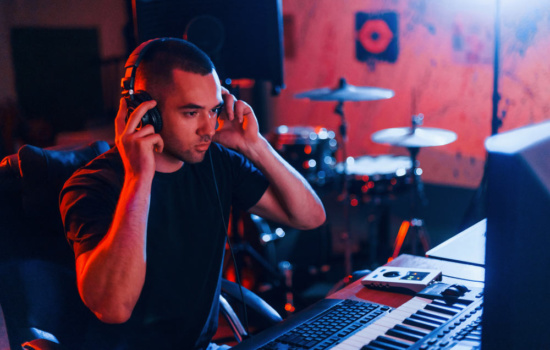What is the best way to learn singing?
The best way to learn singing depends on the resources available to you and what gets you excited. You’ll learn quite a bit simply from joining a school or community chorus or a church choir. You can also watch tutorials online to learn basic technique and vocal exercises. By far the best way to learn singing, however, is through voice lessons.
Your Teacher will help you learn proper vocal health and technique so you can sing to the best of your abilities throughout your life. If you just learn through online videos or through your own improvised methods, you might find yourself straining your voice and learning practices that could be detrimental to that most important instrument, your voice.
Can you teach yourself to sing?
You can definitely teach yourself to sing…up to a certain level. Start by learning the songs you love, listening to great performances and how those Singers handle the lyrics and melody, and imitating them. Don’t worry–your own style will work its way out. You can also learn a lot about how to sing by watching YouTube tutorials.
However, if you want to become a professional American Idol-winning, chart-topping, stadium-touring Singer, you’ve got to work with a qualified Voice Teacher. Voice Teachers understand and can teach vocal technique, health, timbre, tone, and breathing in a way that’s tailored to your unique abilities and goals. Teaching is not one size fits all and these experts will know how to challenge you in ways that will help you improve far beyond what you could teach yourself.
How do I start learning to sing?
If you’re a beginner who wants to start learning how to sing, here’s what you should do:
- Listen to and imitate the greats
- Take lessons with a qualified Voice Teacher
- Practice vocal warmups and exercises
- Join a chorus in your community or at your school
- Practice singing on your own
- Record yourself and make note of what you’re doing right and what can improve
- Understand your vocal range and work on pitch
- Follow your Teacher’s suggestions on vocal health
- Record your own music and ask for feedback from trusted sources
- Keep learning!









